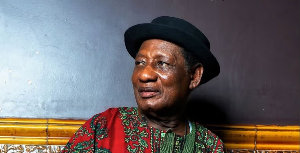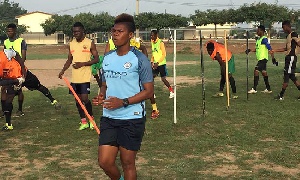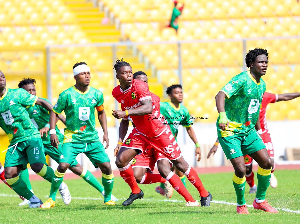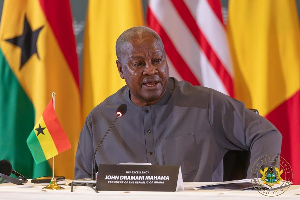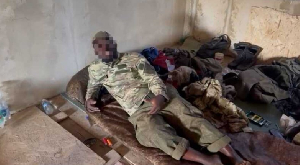Coaching in our part of the world has always been preserve of men. But the status quo is about to be changed with women now getting interested in not becoming mere assistant coaches but head coaches of male teams.
Black Queens coach, Mercy Tagoe-Quarcoo is without a shred of doubt the trailblazer of women coaching in this country. Her exploits seem to have inspired a Sunyani-based graduate who is making strides in the coaching profession.
From the region that gave Ghana Asamoah Gyan and John Paintsil is a prospective coaching gem who currently handles DC United, a Sunyani-based division 2 side.
Mavis Appiah is her name. The 27-year-old graduate of the University of Ghana was appointed in 2016 as the assistant of DC United but was latter given the nod to be the substantive coach of the club having impressed in her role as a deputy.
But the journey has not been all rosy for the Mavis Appiah. She happily professes her love for the ‘beautiful game’ which she began playing at a very tender age.
“I started playing football right from primary school, where I was on a girls’ team and played all the way through to university where I was part of a team that went to the Ghana University Sports Association Games in 2014,” Appiah says.
A Ghanaian girl playing football instead of being in the kitchen or going to school? There will obviously be some level of resistance from family members and Mavis Appiah’s case is not an exception.
“Your parents don’t allow you to take part in football when you are female because they think only boys should play football. So people discourage you, the community discourages you, your family discourages you. It’s terrible out here in Ghana because most people in our society refuse to accept it’s not just a male job.”
With a father who was once a first division coach but never quite made it to the top, Appiah was determined to find a way past those views. “I was combining playing and education, which gave me the time and excuse to play. I applied for a coaching license after school. When I finished university I already had the coaching license and decided to focus on that rather than playing.”
How the coaching dream started
Appiah had her first coaching job while doing her mandatory national service. The school she was posted to was close to DC United and after a few trials by owners of the club she was given a job as assistant coach.
The second division in the region is not professional and it has been hard to build her coaching CV without support: “I have never been paid, I’ve never received a salary for coaching, and I come to training and go home by myself with no financial support.”
The young coach now has her CAF B Licence and it is her passion for the game coupled with a desire to make things better for those that follow which has driven her to keep pushing. “You want to do it so you can start to change the future and make it, so that women who would like to take their first steps into the job will be able to do so without fear or hindrance,” she says.
Inspired by Mercy Tagoe, the head coach of the Ghana women’s national team, the Black Queens (the only woman to have held that post), she is also aiming for the top. “Currently I’m hoping I can get my pro license, which no female in Ghana has ever reached,” she says.
Appiah wants to be the first female to coach a Premier League side
Mavis Appiah revealed a lofty ambition of becoming the first female to handle a premier league team.
“It’s a dream that one day I can coach a big men’s team. I want to change the mind-set that men should coach men and women should coach women. I want to coach men because I want to set that record. I want to be the first female coach in the Premier Division.”
The University of Ohio has offered her the chance to do a Masters in coaching education in the US, but she faces having to turn the place down if she cannot find the $3,070 to enroll. “As I speak with you now I don’t know how it’s going to work because I don’t have any financial support coming from anywhere, not from the government or anyone else.
Sports News of Wednesday, 28 March 2018
Source: www.ghanaweb.com
Mavis Appiah sets the pace for women's coaching in Ghana
Entertainment
